#Carlos Hugo Christensen
Photo








Enigma para Demônios (Carlos Hugo Christensen, 1975)
372 notes
·
View notes
Text




The Intruder (A Intrusa, 1979, dir. Carlos Hugo Christensen)
10 notes
·
View notes
Text
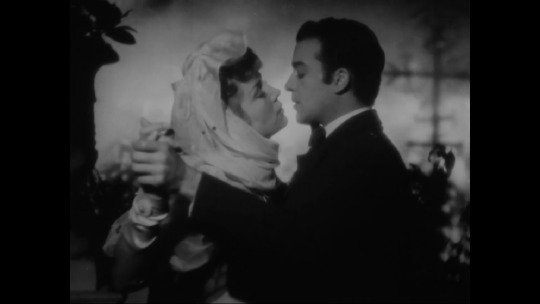
Safo, historia de una pasión (Carlos Hugo Christensen, 1943)
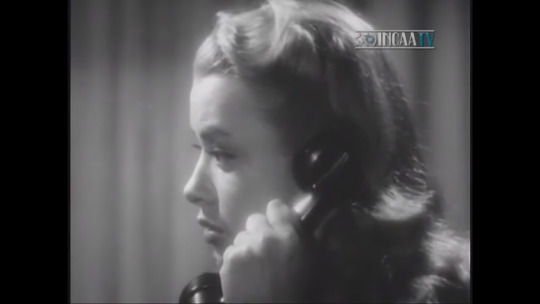
El Ángel Desnudo (Carlos Hugo Christensen,1946)
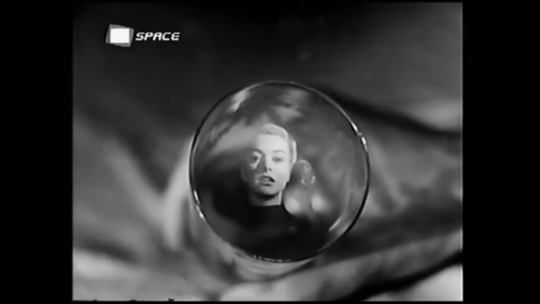
Los pulpos (Carlos Hugo Christensen, 1948)
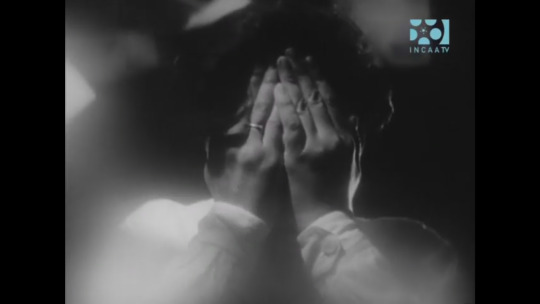
Si muero antes de despertar (Carlos Hugo Christensen. 1952)
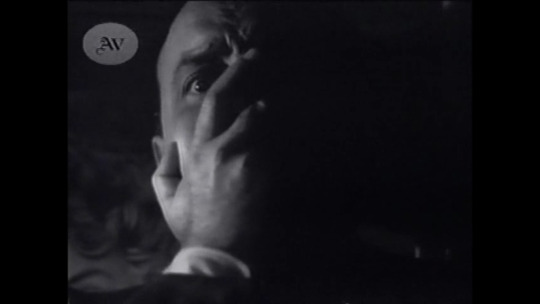
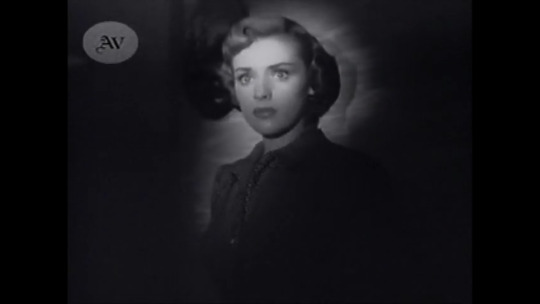
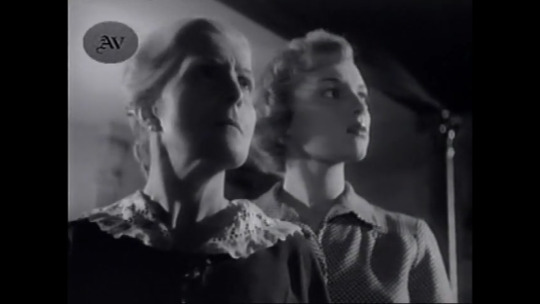
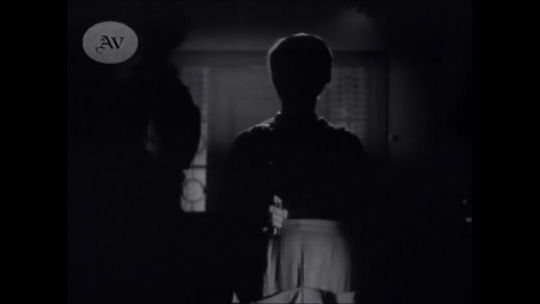
No abras nunca esa puerta (Carlos Hugo Christensen. 1952)
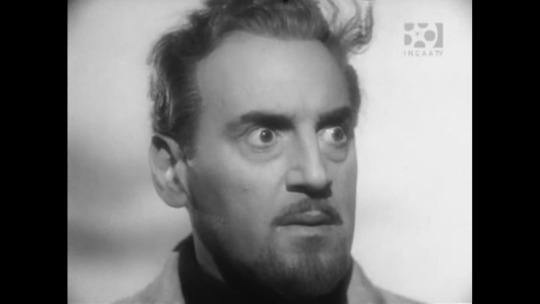
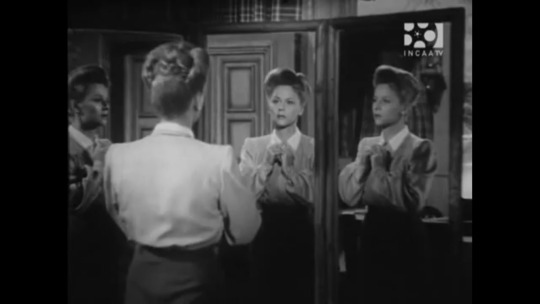
Los verdes paraísos (Carlos Hugo Christensen, 1947)
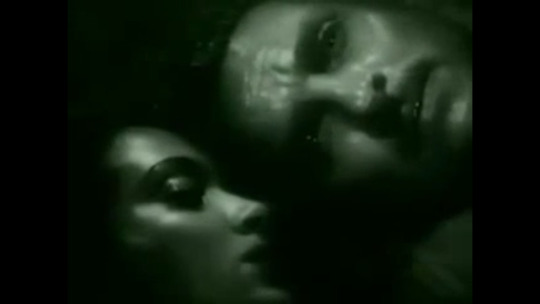
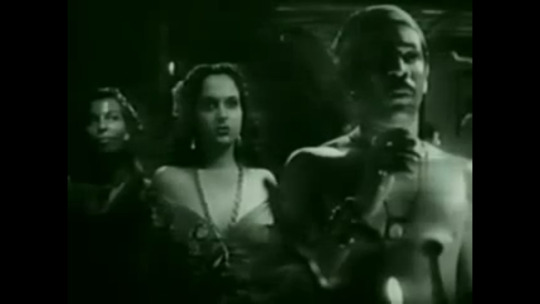
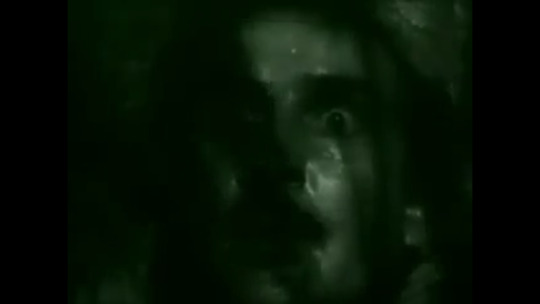
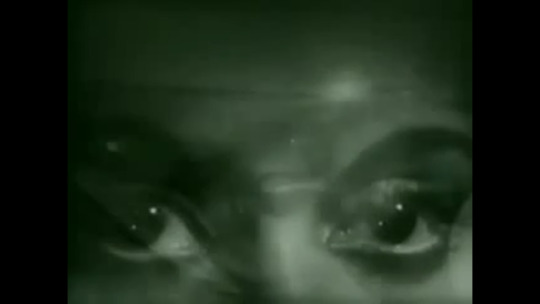
La balandra Isabel llegó esta tarde (Carlos Hugo Christensen, 1950)
2 notes
·
View notes
Text

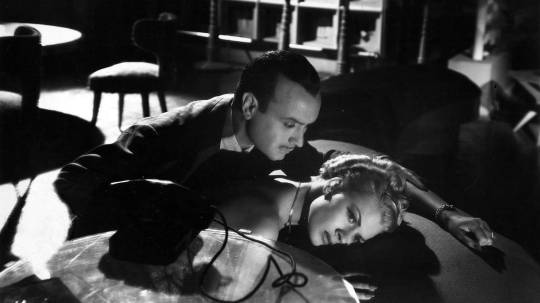

Don't Ever Open That Door (No abras nunca esa puerta) (1952) Carlos Hugo Christensen
January 19th 2024
#don't ever open that door#No abras nunca esa puerta#1952#Carlos Hugo Christensen#Ángel Magaña#Renée Dumas#Ilde Pirovano#Roberto Escalada#Norma Giménez#Luis Otero#never open that door
1 note
·
View note
Photo





Carlos Hugo Christensen - If I Should Die Before I Wake, 1952
1 note
·
View note
Note
Hi! I have recently taken an interest in media depicting incestuos relationships between brothers and since it’s very hard to find any media with that theme (being a major one) compared to sister/brother incest for example, I wonder if you may know of any suggestions?
I used to keep and have since lost an ever-growing list of everything I read and watched that had incest as an important and/or overt theme. Which I would need because my memory is bad, but I'll try do my best here.
I can't think of many books -- the ones you probably already know: Querelle by Jean Genet, The Carnivorous Lamb by Augustín Gómez-Arcos, Autobiography of Red by Anne Carson (not a huge part of the plot but very important to the main character), Tell Me How Long The Train's Been Gone by James Baldwin (also not a huge part of the plot, but it's overt), Twins by Bari Wood, L'armee du Salut by Abdellah Taïa (kind of really touched me how open he talks about it). And it's been a while, but I distinctly remember some implications in A Song of Ice and Fire that Euron had sexually abused Aeron.
As you see, there really aren't many books that I know of. I think I had a few others in my original list that I hadn't gotten around to reading yet or that I might have forgotten. But there really isn't that much out there, as it's a much more taboo topic than brother/sister incest. I do think there's a number of published erotica, but nothing that's ever appealed to me (I do accept recs, however, if you think something is good).
Films (some only have strong subtext): Querelle, Dead Ringers, A Zed and Two Noughts (kinda?), A Intrusa dir. Carlos Hugo Christensen, From Beginning to End (bad), Saint-Narcisse, Salvation Army 2013, Brotherly 2008 (bad but sad). Have not seen: Brothers of the Head, Jay 2019, Godless 2015.
Also, anyone remember that one terrible short movie about the two brothers who fell in love and society just couldn't accept it and they cried so much about it? It was very bad, and starred an actor that's actually in a lot of TV I think. Also that one film about 2 brothers who are like pop stars? And they fall in love too. I don't know, it was also bad. I think one of them was named Max.
Music: THIS IS WHAT IT SOUNDS LIKE WHEN MY BROTHER CALLS MEEEEE
Edit: forgot to include The Winter Prince by Elizabeth Wein
68 notes
·
View notes
Text

‘Cuando se cruza la puerta del mal, la angustia y el terror nos arrastran para siempre…’
De Argentina viene NO HABRAS NUNCA ESA PUERTA (1952) dirigida por Carlos Hugo Christensen a las 10 en #TCM #CineOscuro #NoirAlley
9 notes
·
View notes
Text
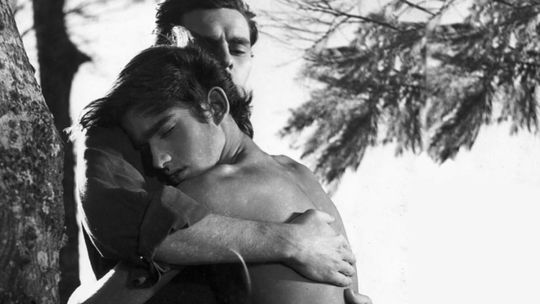
O Menino e o Vento, 1967 (The Boy and the Wind); Carlos Hugo Christensen
22 notes
·
View notes
Text
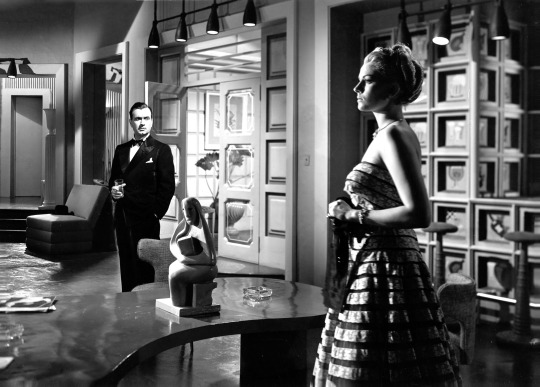
#NoirCity21 opens this Friday, Jan 19, 7:30 PM at Oakland's Grand Lake Theatre with our newest restoration project NEVER OPEN THAT DOOR. Eddie Muller will be signing his books up in the mezzanine, 6pm-7pm. Tix: http://NoirCity.com
Restoration performed by UCLA Film & Television Archive.
Program notes follow.
FRIDAY, JANUARY 19:
7:30
World Premiere FNF Restoration!
NEVER OPEN THAT DOOR | NO ABRAS NUNCA ESA PUERTA
Argentina, 1952. Estudios San Miguel. 85 minutes
Screenplay by Alejandro Casona, from two short stories by Cornell Woolrich (William Irish)
Produced and directed by Carlos Hugo Christensen
More noir films have been based on the stories of Cornell Woolrich than any other writer, and NOIR CITY is proud to present this brand-new restoration of one of the best of those adaptations. In “Someone’s on the Phone,” Ángel Magaña plays a man bent on avenging the death of his sister, driven to suicide by gambling debts. In “The Hummingbird Comes Home,” Roberto Escalada portrays a racketeer who brings the gang to his boyhood home to lay low after a robbery. His blind madre doesn’t approve. Originally a three-part anthology of Woolrich tales, Never Open That Door was released separately from the 73-minute If I Should Die Before I Wake, also adapted by Casona and Christensen. Benefitting from the incredible cinematography of Pablo Tabernero, this is one of the most evocative realizations of Woolrich ever produced, featuring masterful sequences of sustained suspense. Said Buenos Aires film critic Horacio Bernades, “Rarely has an Argentine film been more purely cinematic than this.”
CAST: Someone on the Phone: Ángel Magaña (Raúl), Renée Dumas (Luisa), Diana de Córdoba (Nelly), Nicolás Fregues (money lender), Pedro Fiorito, Orestes Soriani, Percival Murray, Rosa Martín , Arnoldo Chamot. The Hummingbird Comes Home: Roberto Escalada (Daniel), Ilde Pirovano (the mother), Norma Giménez (María), Luis Otero (Juan)
9:30
STREET OF CHANCE
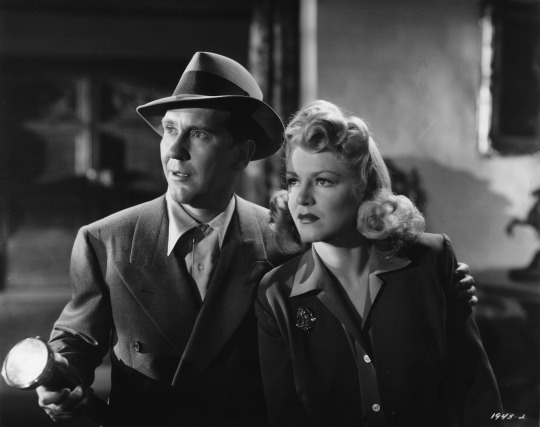
United States, 1942. Paramount [Universal]. 74 minutes
Screenplay by Garrett Fort, based on the novel The Black Curtain by Cornell Woolrich
Produced by Burt Kelly. Directed by Jack Hively
The first case of amnesia in the film noir era comes with a typically intriguing Woolrichian twist. Frank Thompson survives a near fatal accident only to have the shock partially restore his memory! He realizes he’s lived the past several years as someone other than his true self. With the help of his incredulous girlfriend Ruth, Frank embarks on a nocturnal quest to determine his true identity. This modest offering from the B-unit at Paramount benefits from some A-list contributors, principally stars Burgess Meredith and Claire Trevor, and director of photography Theodor Sparkuhl, whose contributions to the look of early ’40s noir have gone largely unheralded. A wonderful gallery of supporting characters skitter and sneak through Frank’s waking nightmare, well rendered by journeyman director Jack Hively who had previously helmed many entries in RKO’s mystery series The Saint.
CAST: Burgess Meredith (Frank Thompson), Claire Trevor (Ruth Dillon), Louise Platt (Virginia Thompson), Sheldon Leonard (Joe Marucci), Frieda Inescort (Alma Diedrich), Jerome Cowan (Bill Diedrich), Adeline deWalt Reynolds (Grandma Diedrich), Arthur Loft (Sheriff Stebbins), Clancy Cooper (Burke), Ann Doran (Miss Peabody), Paul Phillips
#film noir#eddie muller#noir city#noir city 21#film noir festival#film restoration#don't open that door#street of chance#cornell woolrich
6 notes
·
View notes
Text
Heroínas quebradas

Casualidad o no, el fin de semana pasado confluyeron en un par de salas porteñas dos de los personajes femeninos más cautivantes de la historia del cine (e intento no exagerar). Selva Moreno (Safo: historia de una pasión, Carlos Hugo Christensen, 1943) y Martha Heyer (Martha, Rainer Werner Fassbinder, 1974) se hicieron presentes en la ENERC y en el CCK para volver a impresionar, a hipnotizar, con sus historias tempestuosas atravesadas por el dolor, el masoquismo y la imposibilidad del amor. Dos melodramas intensos, sobrecargados, angustiantes, cubiertos de espejos, escaleras, primeros planos, regalos ominosos y diversos simbolismos que rubrican la identidad fracturada, la vida sufrida y sufriente de estas heroínas tan magnéticas como casi fantasmales, espectrales. Y si hablamos de símbolos, dos figuras metafóricas sobresalen en los films para graficar estéticamente la vida sentimental de estas mujeres: la telaraña en el largometraje argentino y la casa trampa en la pieza alemana emergerían como alegorías respectivas del enredo, de la urdimbre sensual e inevitable entre Selva y Raúl (Roberto Escalada, cuyo rol remite a las mejores novelas de aprendizaje) y del encierro sádico al que el marido psicópata somete a Martha hasta la locura en su domicilio conyugal.
La voz grave y la expresión siempre compungida y a la vez vencida de Selva en la sinigual Mecha Ortiz (y su vibrante "¿Tan fácil se renuncia a un deseo?") y esa sonrisa entre ingenua y nerviosa de la también excepcional Margit Carstensen (protagonista además de Las amargas lágrimas de Petra von Kant) son semblantes e imágenes que se vuelven únicos y perennes en la mente de quienes pudimos disfrutar -o sufrir- ambos films. Actrices, directores e historias que dieron vida a personajes ensombrecidos capaces de conmover de tal manera que el poder de su sufrimiento se vuelve nuestro. Espíritus, rostros y cuerpos quebrados que enternecen y perturban por igual.
Por Gabriel Yurdurukian
2 notes
·
View notes
Text






The Intruder (A Intrusa, 1979, dir. Carlos Hugo Christensen)
8 notes
·
View notes
Text




Enigma para Demônios (1975) dir. Carlos Hugo Christensen
1 note
·
View note
Photo

A mulher do desejo (Casa das sombras), de Carlos Hugo Christensen (Brasil, 1975)
0 notes
Text
i just think it's so annoying because La Intrusa is the perfect example of something Borges did all the time -- use a female character as an object meaningful only as a tool in the relationship between two men. and while Carlos Hugo Christensen didn't exactly subvert that aspect of it, he did introduce complications to the framing of masculinity, and it was interesting imo! but Borges was too much of a sactimonious bitch i guess.
14 notes
·
View notes
Photo






La trampa (Carlos Hugo Christensen, 1949)
152 notes
·
View notes
Video
undefined
tumblr
O MENINO E O VENTO (1967), directed by Carlos Hugo Christensen
#o menino e o vento#the boy and the wind#carlos hugo christensen#ênio golçalves#cinema brasileiro#brazilian cinema#gay cinema#lgbt#queer#lgbt cinema#queer cinema
23 notes
·
View notes